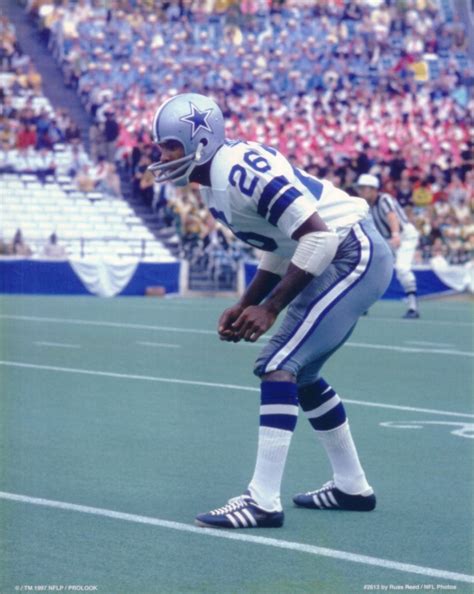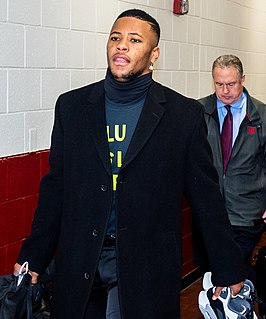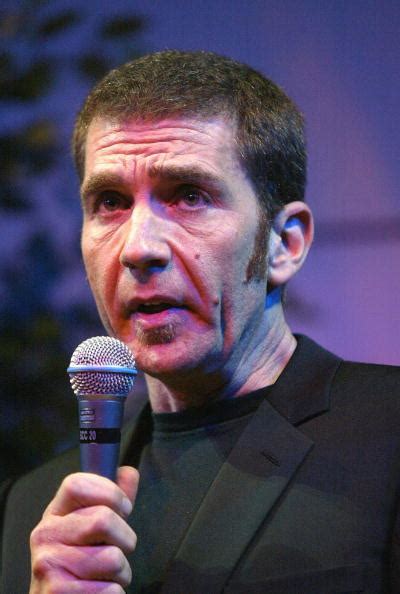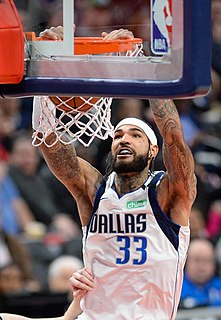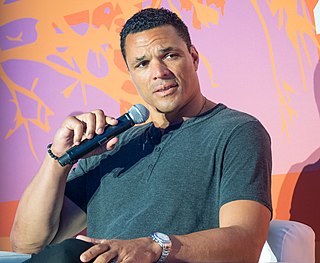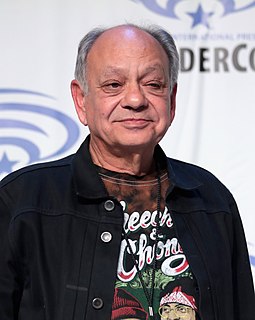A Quote by Herb Adderley
Coach Lombardi had the nerve to draft me number oneAnd I said I have to repay this man for having the nerve to draft me number one.
Related Quotes
It can take years. With the first draft, I just write everything. With the second draft, it becomes so depressing for me, because I realize that I was fooled into thinking I'd written the story. I hadn't-I had just typed for a long time. So then I have to carve out a story from the 25 or so pages. It's in there somewhere-but I have to find it. I'll then write a third, fourth, and fifth draft, and so on.
Almost all good writing begins with terrible first efforts. You need to start somewhere. Start by getting something-anything-down on paper. A friend of mine says that the first draft is the down draft-you just get it down. The second draft is the up draft-you fix it up. You try to say what you have to say more accurately. And the third draft is the dental draft, where you check every tooth, to see if it's loose or cramped or decayed, or even, God help us, healthy.
I was part of the draft resistance movement in L.A. where we did demonstrations at the draft centre and burned our cards and made a lot of trouble on campus. I had a student classification and they said that anybody who'd taken part in these demonstrations would be reclassified and drafted. And that's when I went to Canada.
